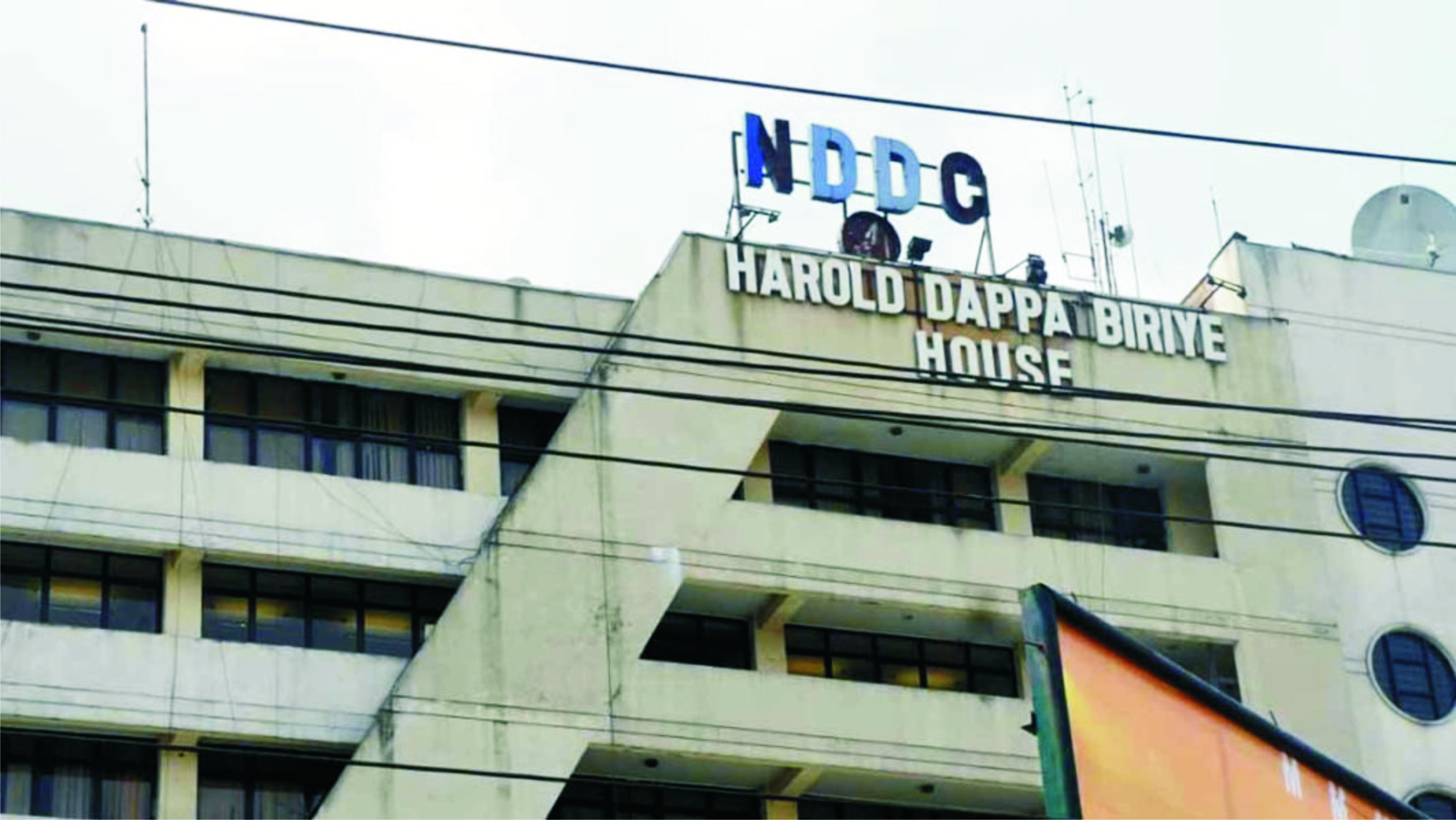Niger Delta
Covid-19: NDDC Distributes 54 PCR Machines To 9 States —MD

The Niger Delta Development Commission (NDDC) has begun the distribution of 54 Polymerase Chain Reaction (PCR) machines and other medical kits to health facilities in nine Niger Delta states, an official said.
The NDDC Managing Director, Prof. Kemebradikumo Pondei, flagged-off the distribution in Port Harcourt on Monday, according to a statement by the commission’s Director of Corporate Affairs, Charles Odili.
Pondei said that the commission decided to distribute the machines to enable the states to increase the test for COVID-19.
“So, we are concluding our COVID-19 intervention with the distribution of PCR machines across the Niger Delta region.
“We hope that the benefiting institutions will put them into good use for both testing of patients for COVID-19 and also for research purposes,” he said.
The managing director said that the PCR machines would be used to test the presence of viral antigens of SARS-COV-2 to obtain more accurate results for active infection.
“The 54 machines were purchased in the wake of the COVID-19 community transmission in the Niger Delta to strengthen provisions and preparedness to manage the pandemic.
“We sought and obtained validation of the equipment from the Nigerian Centre for Disease and Control (NCDC).
“Our efforts were meant to complement those of the nine states in the Niger Delta in response to the directive of President Muhammadu Buhari,” he stated.
Pondei said that apart from the machines, the commission also released funds to the states, as well as distributed food items and funds to residents of the area.
According to him, the funds released to the nine states governments were used to procure diagnostic equipment, ventilators and kits for testing as well as opening of isolation centres.
“We believe that these initiatives have made significant contributions and impact towards mitigating the adverse effects of COVID-19 on the people,” the managing director said.
The Executive Direcror, Projects in NDDC, Dr Cairo Ojougboh was also quoted as saying that increased testing partly led to declining number of new infections in the country.
He said that more persons were now being tested and those infected quarantined from infecting others.
“That is why we are providing the PCR machines to tertiary health institutions and to major hospitals to encourage further testing in the Niger Delta,” he added.
Niger Delta
NPC Unveils Digital Registration System In Delta

Niger Delta
Police Uncover Suspects’ Armoury … Recover Weapons In Delta

Niger Delta
Police Caution On Lawless Protests On Court Matters In A’Ibom

-

 News2 days ago
News2 days agoAmend Constitution To Accommodate State Police, Tinubu Tells Senators
-

 Politics2 days ago
Politics2 days agoSenate Urges Tinubu To Sack CAC Boss
-

 News2 days ago
News2 days agoDisu Takes Over As New IGP …Declares Total War On Corruption, Impunity
-
Business2 days ago
President Tinubu Extends Raw Shea Nuts Export Ban To 2027
-
Business2 days ago
Crisis Response: EU-project Delivers New Vet. Clinic To Katsina Govt.
-
Business2 days ago
President Tinubu Approves Extension Ban On Raw Shea Nut Export
-
Sports2 days ago
NDG: Rivers Coach Appeal To NDDC In Talent Discovery
-
Rivers2 days ago
Etche Clan Urges Govt On Chieftaincy Recognition

